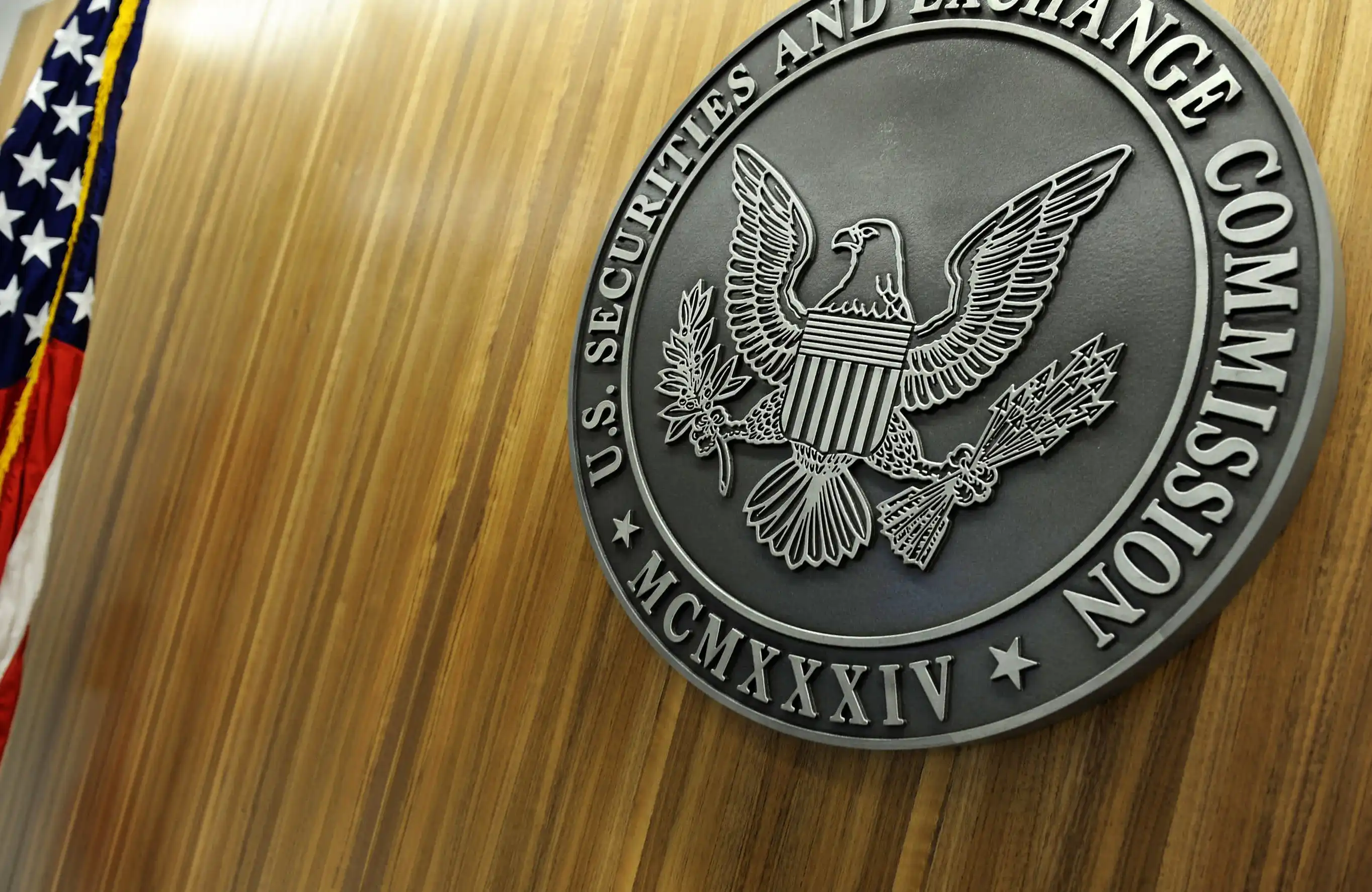EU Races to Launch Digital Euro After U.S. Genius Act Sparks Wake-Up Call
The Genius Act as a Game Changer
The recent passage of the Genius Act in the United States has sent shockwaves through global finance. By regulating the $288 billion stablecoin market, largely dominated by U.S. dollar–backed tokens, the legislation has reshaped the digital currency landscape. For the European Union, the Genius Act has been nothing short of a wake-up call, compelling policymakers to accelerate efforts toward launching a digital euro ($EUR stablecoin).
Why the EU is Moving Faster
Until recently, Europe’s digital euro project was progressing cautiously, often bogged down by technical and political debate. The Genius Act, however, shifted the urgency. By codifying U.S. dominance in stablecoins, Washington effectively positioned the dollar as the leading currency in the digital era.
For EU leaders, this development posed a clear risk:
- Erosion of monetary sovereignty, with euro adoption potentially sidelined.
- Greater reliance on dollar-denominated digital assets, limiting Europe’s economic independence.
- Geopolitical imbalance, where U.S. financial policy sets the global tone for digital money.
Exploring Ethereum and Solana
In response, EU policymakers are considering a bold step: issuing the digital euro not only through private, centralized infrastructure but also via public blockchains like Ethereum ( $ETH ) and Solana ( $SOL ).
The benefits of this shift are significant:
- Wider adoption and interoperability with existing crypto ecosystems.
- Cross-border efficiency, making payments seamless across regions.
- Positioning the euro as a competitive digital asset, not just a regulatory afterthought.
However, this also comes with challenges. Critics point to privacy risks, surveillance concerns, and potential security vulnerabilities of public blockchains. Still, the strategic upside is clear; Europe cannot afford to lag behind in the race for digital money.
A Geopolitical and Technological Strategy
The EU’s acceleration of the digital euro is as much about geopolitics as it is about technology. The Genius Act has forced European policymakers to recognize that inaction could lead to the euro being overshadowed by U.S. digital dominance. By moving decisively now, Europe aims to:
- Protect the euro’s role in global markets.
- Offer citizens and businesses a euro-denominated alternative in the digital age.
- Build trust in blockchain-based finance, while shaping regulations that balance innovation with oversight.
Outlook: The Genius Act’s Ripple Effect
The Genius Act may prove to be “genius” not only for the U.S. but also for Europe, albeit unintentionally. By forcing the EU’s hand, it has catalyzed a new era of competition in digital currencies.
Whether the digital euro ultimately launches on Ethereum, Solana, or a hybrid system, the direction is clear: Europe is no longer watching from the sidelines.
Investor Angle: What This Means for Markets
For investors, the EU’s accelerated push toward a digital euro carries several implications:
- Ethereum ($ETH) and Solana ($SOL) could see renewed adoption and liquidity if chosen as the backbone for the euro’s rollout.
- A euro-backed stablecoin ($EUR stablecoin) would diversify global digital assets, reducing the current over-reliance on dollar-based tokens like USDT and USDC.
- The move could boost institutional confidence in blockchain technology, as central banks increasingly validate public networks.
In short, while this is a policy story at its core, it also signals potential growth and utility for $ETH, $SOL, and a future $EUR stablecoin, as Europe positions itself firmly in the digital money race.
Where to Buy $ETH and $SOL
If you want to get exposure to the tokens potentially powering Europe’s digital euro future, here’s where to start:
👉 Buy Ethereum ($ETH) on Bitget
👉 Buy Solana ($SOL) on Bitget
Both are available on Bitget , one of the leading global exchanges for spot and futures trading.
Disclaimer: The content of this article solely reflects the author's opinion and does not represent the platform in any capacity. This article is not intended to serve as a reference for making investment decisions.
You may also like
Morning News | Lighter 24-hour trading volume surpasses $11 billion; Circle Q3 financial report released; Strategy U.S. stock market value falls below its BTC holdings value
Overview of important market events on November 12.

Latest Speech by US SEC Chairman: Farewell to a Decade of Chaos, Crypto Regulation Enters an Era of Clarity
The US SEC Chairman further elaborated on the "Project Crypto" initiative, outlining new boundaries for token classification and regulation.

Circle Q3 report released: Is there a bigger game ahead?
What are the highlights of Circle's Q3 financial report, the first listed stablecoin company?

Exodus' Q3 net profit increased more than 20 times, with Bitcoin revenue accounting for over 60%.
